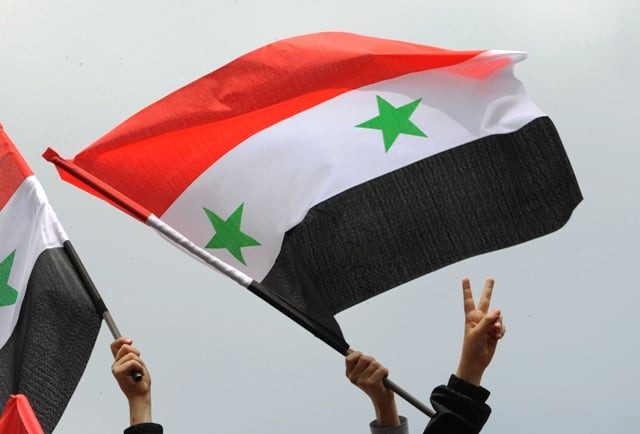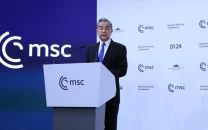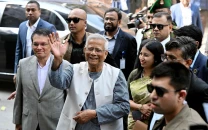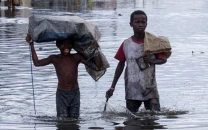Syria rebel divisions limit humanitarian access: ICRC
A growing number of rebels are militants who do not answer to the mainstream Free Syrian Army.

More than 100,000 people have been killed in Syria's 29-month-old war, the UN says, and millions more have been displaced. PHOTO: AFP/FILE
The ICRC delegation head in Lebanon, Jurg Montani, said President Bashar al-Assad's regime also had a policy of delaying access to flashpoints until after fighting has subsided.
"If the parties to a conflict are fragmented, this means that we have to gain that (trust) from every single group that might be involved where we want to go," Montani told reporters, referring to growing divisions among rebel ranks.
"This is incredibly hard to achieve today," he added, noting that ICRC teams work without armed escorts even in situations of extreme violence.
The uprising which erupted in March 2011 has gone from being driven by a rag-tag army of defectors to being composed mostly of civilians who have taken up arms against the Assad regime.
A growing number of rebels are militants who do not answer to the mainstream Free Syrian Army and who stand accused of having kidnapped hundreds of Syrian activists and several foreigners.
The government, meanwhile, has "in principle" allowed the ICRC to work in rebel-held areas but has placed temporary restrictions on access to flashpoint areas, said Montani.
"In practice, if we look at a situation like Homs or Qusayr, where we'd been trying to get in during the times of conflict... that's when we had problems," he said.
Despite repeated calls by activists in Qusayr during the fighting for humanitarian assistance, the ICRC was not allowed in until after the army had retaken the city in Homs province of central Syria near the border with Lebanon.
"At one point or another we have access to everywhere in Syria. The problem is that we don't always have access to the areas where we want to be at the time when we want to go there," said Montani.
"The ICRC has to have access to the places where the crisis is happening because that's our job, that's what when we need to be with the people, with the victims of the conflict."
More than 100,000 people have been killed in Syria's 29-month-old war, the UN says, and millions more have been displaced.



















COMMENTS
Comments are moderated and generally will be posted if they are on-topic and not abusive.
For more information, please see our Comments FAQ